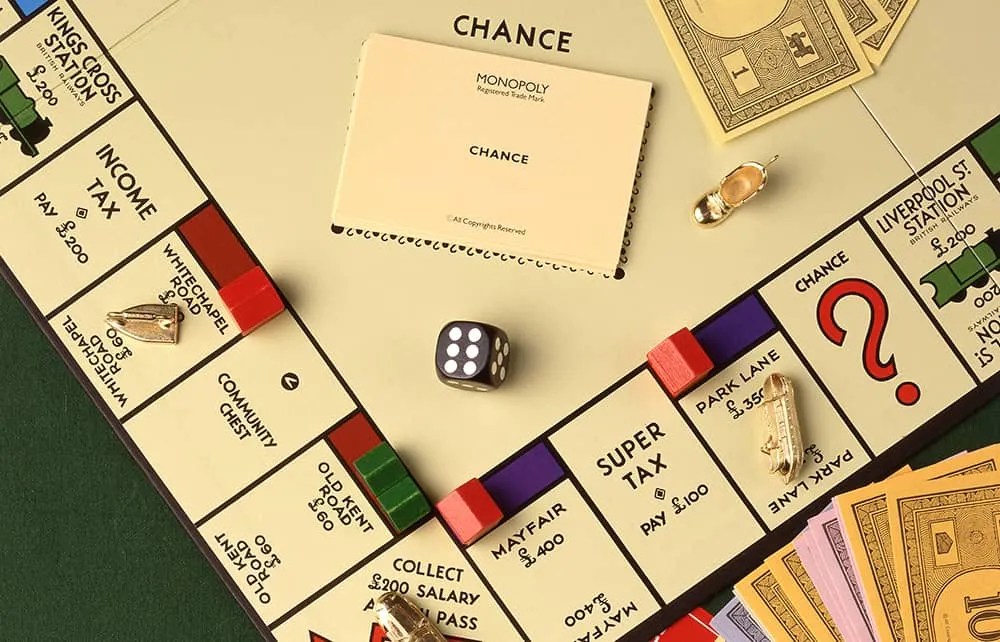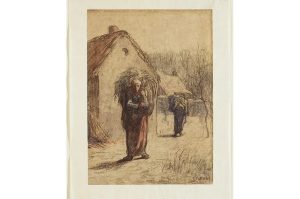An isolated Provençal stone farmhouse from the outside; from the inside a comfortable English country house. Sunk into the garrigue a short distance away is an impossibly blue infinity swimming pool. My two grandsons came here direct from their tiny house in Basingstoke. Catriona was fortuitously asked to house-sit for ten days. I’m the wounded Master of the Revels. We have looked forward to their regular visit for months. The presiding unspoken feeling this time was that this might be the Master’s farewell annual appearance.
The boys have rarely heard a controversial opinion and they rejoice in their grandfather’s outspokenness on various delicate subjects; and in his colorful language; and in his habit of appearing at incongruous moments, like an apparition, indoors and out, without a stitch on, saying: “OK. I’m ready.” They rejoice in his passionate, incomprehensible, probably lunatic denunciations of their brave new world, then having to go and lie down in a darkened room with a fan pointing at him. They rejoice in his whipping out his harmonica and playing it with a brief, demiurgic frenzy – result the same.
Oscar is at that prepubescent stage of bright, engaging confidence and an arresting beauty that makes you look then look away. On successive evenings a visiting guest has turned to me privately and exclaimed on the beauty, suggesting Tadzio, the beautiful youth in Thomas Mann’s Death in Venice, as a fictional counterpart. Klynton is an earnest, pensive lad of eleven who never thinks about himself at all.
Both are expert on European soccer: the clubs, the players, the statistics. They are constantly surprised by my ignorance of the football world outside the English Premier League. But I, in turn, often amaze them with arcane knowledge of my narrow field. They didn’t know, for example, that Sébastien Haller, who sulked and skulked at West Ham for a season, then flourished at Borussia Dortmund, banging in goals right and left, is out for six months with testicular cancer. “What’s that?” said Klynton. “Bollock cancer,” I said — afterwards our expression of the week. “Is that what you’ve got, Granddad?” asked Klynton later. “In a sense all male cancer is bollock cancer, my lucky lad,” I said cryptically.
Our days were spent either in the pool or playing Monopoly at a huge stone table shaded by a taut canvas awning. Nature drew attention to itself as biting horseflies, lime-green lizards, hornets, cigales, ants great and small, and a crackling dryness underfoot. And in the evenings by rose and aquamarine celestial commemorative sunsets and a hot wind. And at night by sheet lightning, shooting stars and a fat bobbing moon.
We played Monopoly with focus and seriousness. Even Catriona, normally of a kind and modest disposition — some might say a living sacrifice — becomes imbued with an asset-stripping, capitalist spirit. With eight tycoon eyes focusing like lasers on the board, cheating is impossible. “Whose go is it?” “Oscar’s.” “Oscar’s in jail.” “But I paid £50 to get out.” Then follows an acrimonious dispute about the veracity of this statement. Oscar is the battleship. Finally the dispute is resolved and he rolls the dice. “Double one. Chance.” He takes a card and reads it out. “You have bollock cancer. Pay hospital fees of £150.” Klynton (the top hat) is held by a crimson-faced fit of the giggles. He is unable to continue. Granddad fixes Klynton with his disappointed Robert De Niro face. Catriona flicks through her massive wad of 100s and considers her next building project. “Come on,” says Oscar, impatiently thrusting the dice at Klynton.
After a couple of hours of concentrated, ill-judged wheeling and dealing, Granddad’s drugs begin to wear off and he heels over to starboard. I play on as cannon fodder for another half-hour. Finally, I make the announcement. “I’m sorry, chaps. I’ve had it. I’ve got to go and lie down again.” All eyes fall greedily on my meager assets, to be divided up or auctioned. I’m addicted to stations. Once again I have all four. My weakness for stations is well known, is in fact a joke. Three were purchased at extortionate prices.
Rising shakily from the table, wincing, letting out a little “Ow!” — I could have said to my grandsons, as did John of Gaunt to King Richard II: “The setting sun, and music at the close / As the last taste of sweets, is sweetest last.” But I’ve encouraged them to see my weakening condition as farce rather than tragedy. And ever quick on the uptake, they’ve taken the hint. “Go on then. Bog off,” says Oscar jovially. “Yeah, bog right off,” says Klynton, Oscar’s faithful echo. We all laugh. I tell them I love them very much and thank them for their great good humor. And off I go.
This article was originally published in The Spectator’s October 2022 World edition.


















